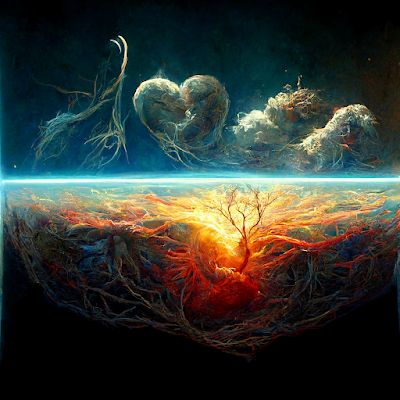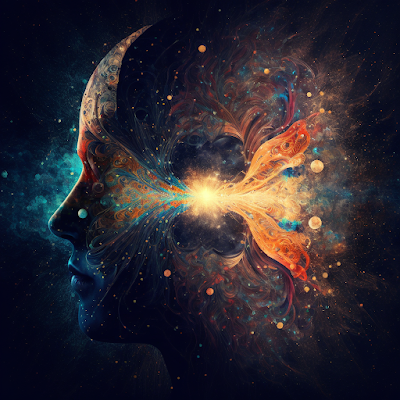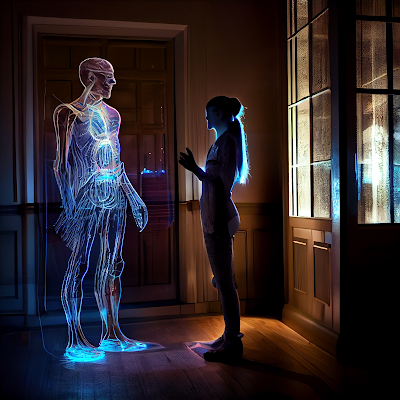The creation of life: How did life originate?
Introduction
The origin of life is a fascinating and complex topic that has puzzled scientists for centuries. Despite numerous theories, the exact mechanisms by which life on Earth began are still not fully understood. In this blog post, we will discuss the various theories about the origin of life, including the "primordial soup" model, the "metabolism-first" model, the "RNA world" hypothesis, and the "panspermia" hypothesis. We will also examine the ongoing research in this field, and discuss the possibility of a combination of these different theories to explain the creation of life.
Primordial Soup Model
The "primordial soup" model, proposed by Oparin and Haldane in the 1920s, suggests that life originated in a warm, nutrient-rich, and chemically active environment, such as a shallow ocean or a hot spring. This theory proposes that simple organic molecules, such as amino acids, sugars, and lipids, were synthesized through chemical reactions between inorganic compounds, such as water, methane, ammonia, and carbon dioxide. Over time, these molecules gradually formed more complex structures, such as peptides and nucleotides, which eventually led to the formation of the first living cells.
Metabolism-First Model
A more recent theory, the "metabolism-first" model, proposes that life originated from simple metabolic reactions, rather than from the formation of self-replicating molecules. The first living cells were not capable of replication, but instead were able to survive and grow through metabolic processes, such as the conversion of organic molecules into energy. Over time, these cells evolved the ability to replicate, and this led to the formation of more complex organisms.
RNA World Hypothesis
The "RNA world" hypothesis proposes that RNA (ribonucleic acid) was the first genetic material and played a crucial role in the origin of life. According to this theory, RNA was capable of both storing genetic information and catalyzing chemical reactions, which allowed it to function as both a gene and an enzyme. The first living cells were composed of RNA, and DNA and proteins evolved later as the cells became more complex.
Panspermia Hypothesis
The "panspermia" hypothesis suggests that life may have originated elsewhere in the universe and was later transported to Earth through comets or meteorites. The theory suggests that simple microbial life forms could survive the harsh conditions of space and may have been able to survive the journey through space to Earth.
Ongoing Research
Despite the various theories, scientists have not been able to prove any of them conclusively. However, ongoing research in this field suggests that the answer to the origin of life may lie in a combination of these different theories. Some researchers believe that life may have originated in a "prebiotic soup" of organic molecules and that simple metabolic reactions may have played a role in the formation of self-replicating molecules.
Conclusion
In conclusion, the origin of life is a complex and mysterious phenomenon that scientists have been trying to understand for centuries. The various theories about the creation of life include the "primordial soup" model, the "metabolism-first" model, the "RNA world" hypothesis, and the "panspermia" hypothesis. While none of these theories has been proven conclusively, ongoing research in this field suggests that the answer may lie in a combination of these different theories. As scientists continue to explore this fascinating topic, we may eventually uncover the secrets of the creation of life.














Comments
Post a Comment